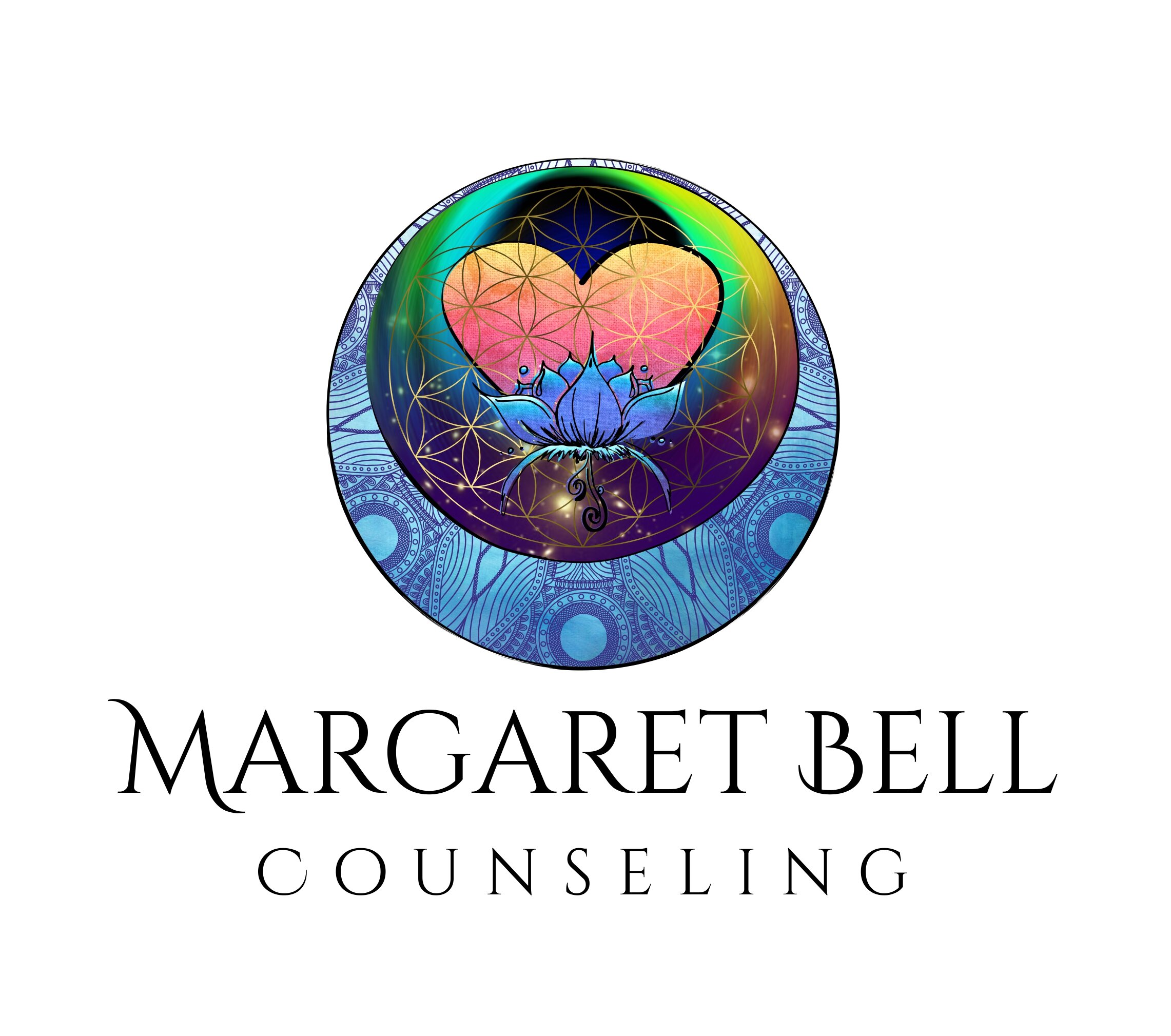Emotional Survival Guide for Covid 19
Photo by Ross Findon on Unsplash
Covid 19 is disrupting our norm, causing panic, creating change and bringing awareness. For many, dealing with covid 19 is like grieving. We move through Kubler Ross's 5 stages: denial, anger, bargaining, depression, and acceptance. Furthermore, Covid 19 has also spurred a fear response, as we rush to the stores to stockpile supplies in the face of our own mortality. Whether you are navigating covid with a grief response, fear response or from an emotional place there are things you can tend to your emotions and live from a place of calm.
Kubler Ross 5 stages
These stages are not linear, we can move between them, cycle through them.
Denial
When we are in denial, we often withdraw, hid and pretend. We stay in because we don’t want to face what is happening outside our safe walls. We deny we are sick, saying we are fine and keep going about our daily routines as if nothing has changed. We deny the impact or magnitude of what is happening. We pretend nothing has changed. We are creatures of habit. We like routine. Denial keeps us safe in our habits and routines. Covid 19 changes our routines. Disrupts our schedules. Denial keeps us stuck. Denial makes us feel in control. Admittance can be hard and it is freeing. When we admit we are sick, that change is happening, we are able to move forward. Acceptance comes when we admit and accept where we are, what's going on, and who we are. From this place, we are empowered to get better and to change.
Anger
Anger happens when we are angry with people for buying all the toilet paper, soups, and pasta. We are angry with the government for their response, their imposed restrictions and others for their response or lack of. Anger helps us move into change. Anger empowers us to create change that makes us better and others better too.
Bargaining
We negotiate our response, what we will do for something in return. We try to negotiate to avoid our circumstances. It’s okay if I go out I am not sick. I didn’t get my coworker sick they were already sick. We can fall into what-if thinking too. “What if I stayed home, then I wouldn’t be sick.” ”What if I went to the grocery store earlier I would have food.”
Depression
We feel stuck and trapped. We feel hopeless. We feel that things are never going to change (we will live in quarantine, the economy will suffer, etc.) and if they do they will only get worse. Depression gives us space to process and reflect. It gives us time to remember what is important. It inspires us to rebuild and create the life and world we desire.
Acceptance
We have compassion and empathy and even forgiveness for where we are and what has transpired. We are able to move forward from a place of peace without baggage.
Photo by Julius Drost on Unsplash
The fear reaction
Fear is instinctual. It's a survival mechanism. It keeps us alive. It can also cause a great deal of harm if left to its own devices.
Panic buying comes out of fear. Fear feeds paranoia. Sadly, this impacts our communities when we act from a place of self-preservation. We forget about our neighbors or others. We respond from a place of scarcity. It is me or you. We forget about others, feeling that they are out for themselves or get us. This justifies us putting ourselves before others. It's scary thinking you might not have enough food to live.
Fear feeds fear and we can often become stuck in fear. We need to question our fear. Is this life or death? What is the impact? Implications? How can I take care of me from a place of love and compassion and not a place of fear? Sometimes there are no easy or straight forward answers. Life is complex. We are complex. Stopping to question and reflect makes of more mindful of ourselves and others.
Photo by Clay Banks on Unsplash
What to do:
Check-in
How are you feeling?
What do you need to work through your feelings?
Physically, how are you?
What do you need?
What can you do today to support yourself? Others?
Are you feeding fear? Spending too much time-consuming information? Do you need a break?
Are you cultivating joy and positivity? What brings you joy? How can you spread positivity?
Connect
Connect to yourself through yoga, exercise, meditate, reflection, music, journaling, art. How else do you feel connected to yourself?
Connect to nature, get outside, spend time in the sun, hug a tree, put your feet in the sand, dirt, grass, snow. Smell the air. Be in a place of childlike wonderment and awe at the world around you.
Connect to others, maybe not like you use to, especially if you're quarantined. Luckily we have the technology to connect through video chat, text and phone. Take a moment to get to know your neighbors and neighborhood. Reach out say hi. Smile. Share a laugh.
Take time to play.
Laugh.
Create
Start a new hobby, explore your curiosities, make art, write, play music, dance.
Celebrate
Life
Living
The little things
Covid 19 has forced us to stop and reevaluate our lives and what is important. It has asked us to redefine ourselves and our relationships not only to others but the planet. Covid 19 does not have to be something scary and life-shattering, it can be something that inspires strength and change.




